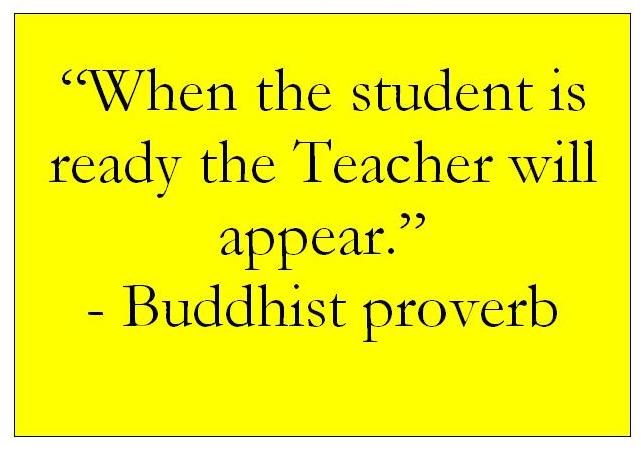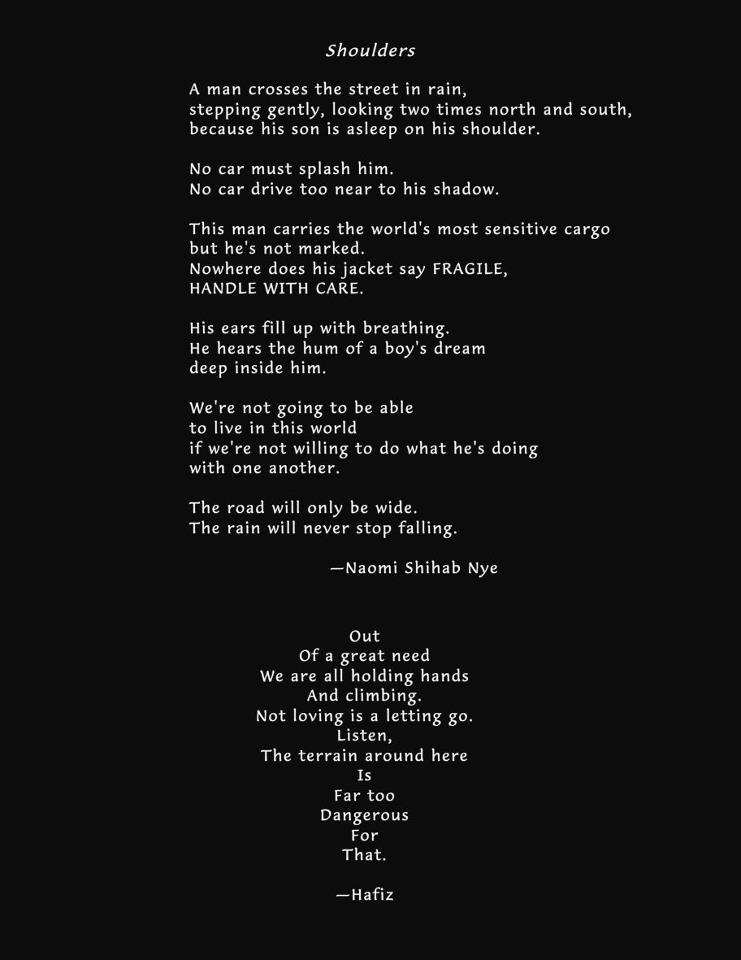Several year ago, I watched a PBS show about a branch of neuroscience called Contemplative Mindfulness. Rudolph Tanzi is central in this work which grew out of research by Richard Davidson, Ellen Langer, and Jon Kabat-Zinn.
Mindful practices have been with us for centuries and informed Jesus’, the Buddha’s and Mohammed’s teachings. Mindful listening begins with me listening to the other, moves outward, and is eloquently described by Hafiz, a Sufi poet. Mindful listening requires humility those teachers emulated in lived practice as the servant as leader.
In a world that seems filled with ego and narcissim, listening to the other is essential to healing the world and each human. I am re-reading Ivan Illich and authors who use his work. His best known book is Deschooling Society, which was originally titled The Dawn of Epimethean Man and Other Essays. The title was changed by the publisher, something Illich regretted later.
Illich was a priest and his writing, including about education, was informed by The Parable of the Good Samaritan. His understanding was we do not get to choose who are neighbours are. Instead, others we encounter depend on us to listen and demonstrate compassion, dropping our ego in the process. It also fits with Epimetheus who was more comfortable with uncertainty than his more famous sibling, Prometheus.
Encountering the stranger as neighbour comes both with reward and risk. The words hospitality and hostile are linked etymologically.
How
Do I
Listen to others?
As if everyone were my Master
Speaking to me
His
Cherished
Last
Words.
Here is a Mary Oliver reading I Happened To Be Standing and an inteview with her. You have to wait until the end to get to the listening aspect. Being mindful weaves its way through the poem.






